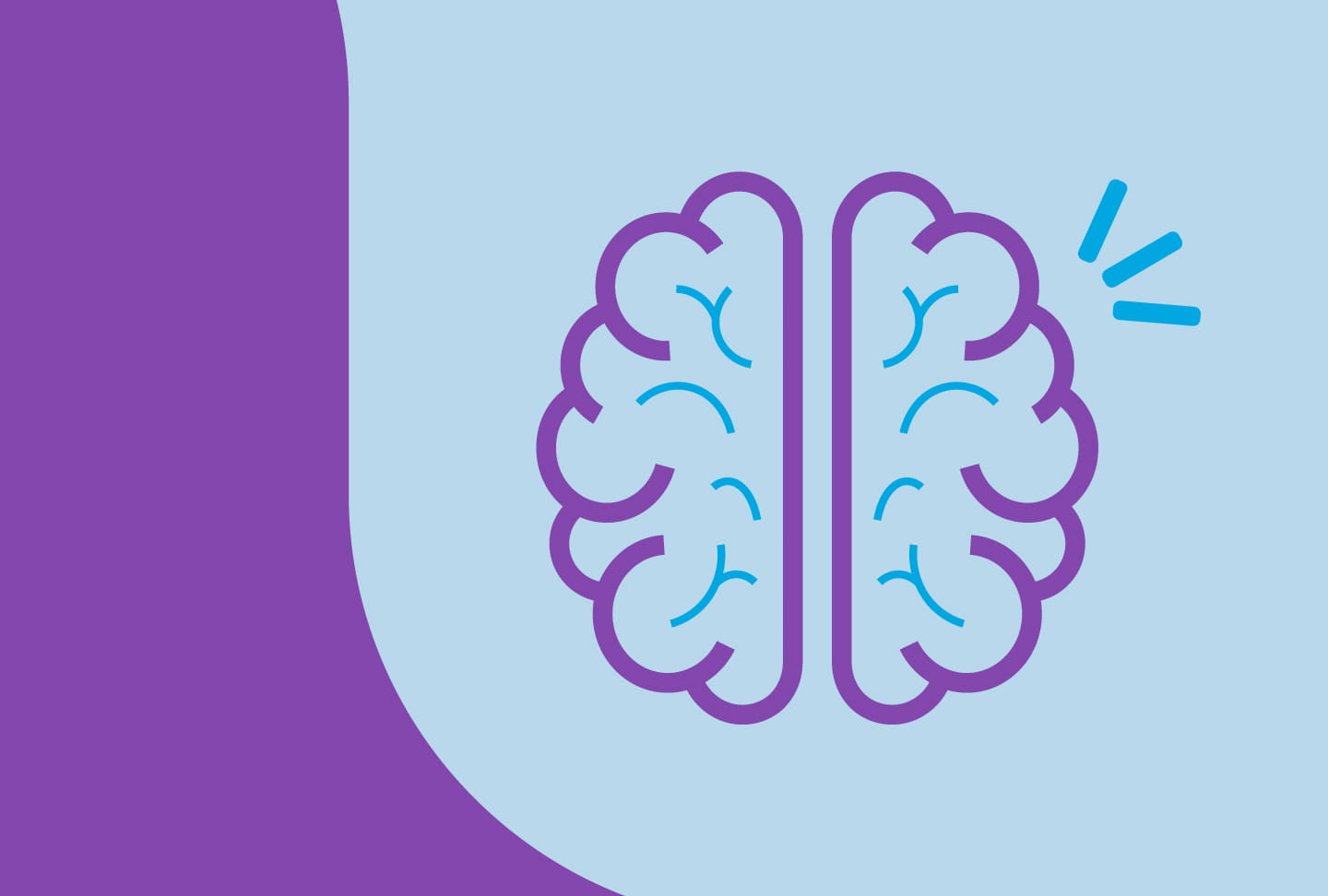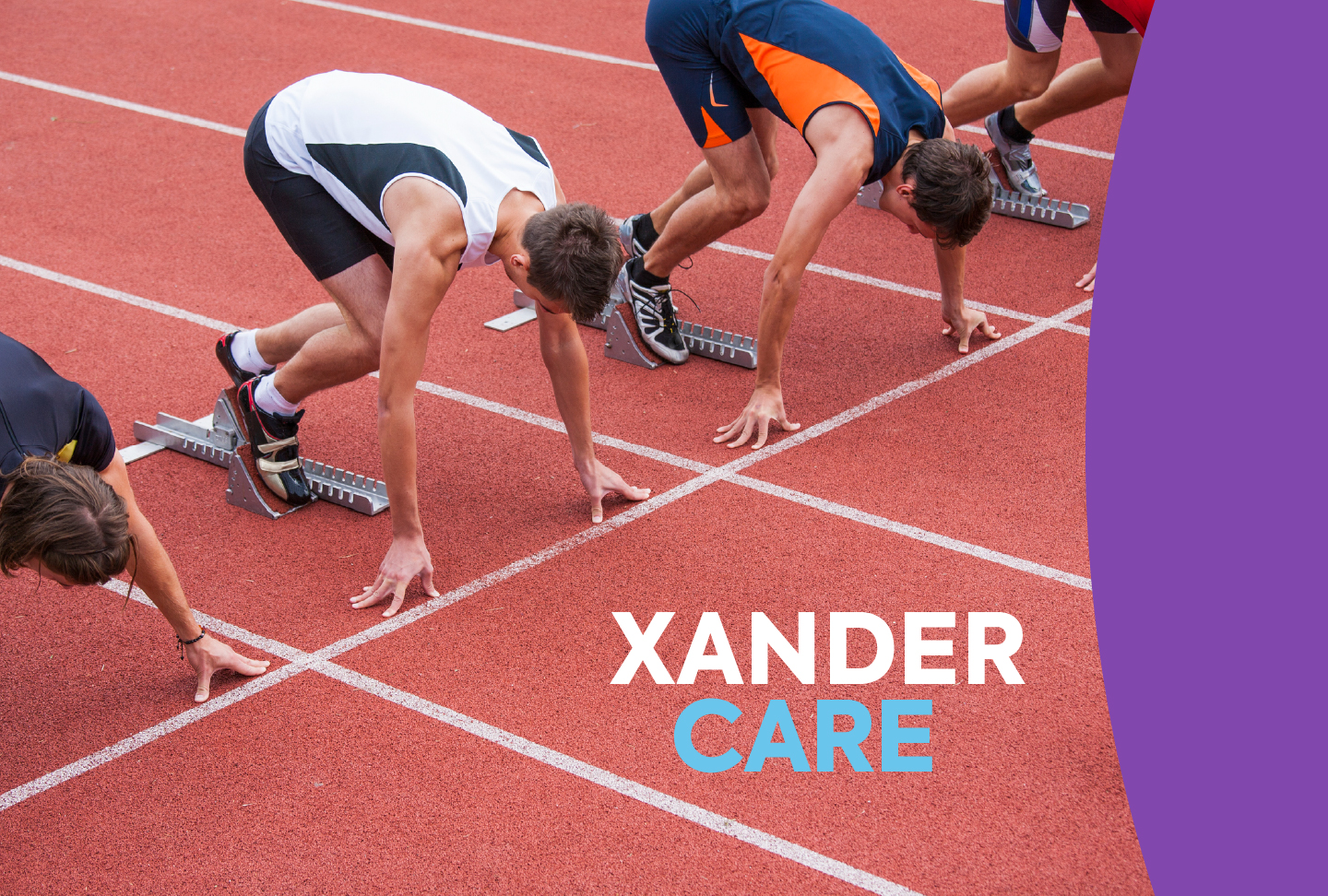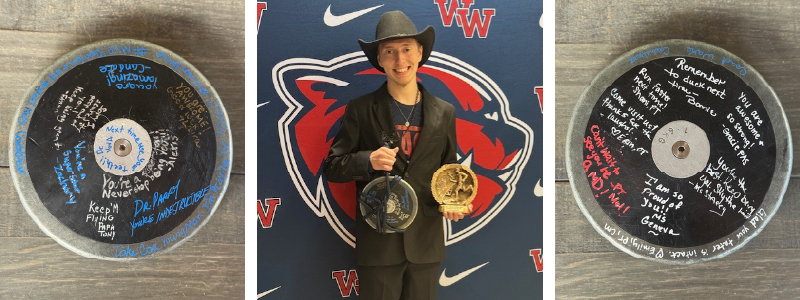A stroke can happen to anyone, anywhere and at any time. In fact, every four minutes someone in the United States experiences a stroke, according to the Centers for Disease Control and Prevention (CDC).
During Stroke Awareness Month this May, Wellstar health experts are spreading the word about how they’re helping Georgians can stay ahead of these life-threatening medical events.
“Because we live in the stroke belt here in Georgia, it is imperative we provide cutting-edge care for stroke victims,” said Dr. Rishi Gupta, director of stroke and neurocritical care with Wellstar Health System. “Wellstar’s ability to leverage our hospitals to work as one, cohesive unit and provide the same quality of care across the board really sets our health system apart.”
With the largest Joint Commission stroke-certified network in Georgia and access to advanced stroke care, Wellstar is dedicated to treating strokes faster and more effectively. But while we’re always ready to jump into action with life-saving treatments, stopping a stroke starts with you.
Do your part to lower the risk of a stroke and learn the warning signs that may help save a life.
Take Action Against Strokes
Steps to Lower Your Risk
Published on April 28, 2021
Last updated 05:54 PM April 28, 2021

If you notice the symptoms of a stroke, it’s very important to call 911 right away. Do not try to drive yourself to the hospital. It is dangerous and can waste crucial time needed to treat a stroke.
- Dr. Rishi Gupta
Wellstar Director of Stroke and Neurocritical Care
Know the risk factors for stroke
Strokes occur when a blood vessel in the brain becomes blocked or bursts, which can lead to lasting damage or even death. Many common risk factors that increase your chance of a stroke—such as age, gender, race and family medical history—can’t be changed.
However, there are several key risk factors that are within your control, including:
- Treating high blood pressure. Hypertension is the number one controllable risk factor for strokes, according to the American Stroke Association.
- Managing diabetes. Whether you have Type 1 or 2 diabetes, it’s important to treat your condition and keep your blood sugar under control to help minimize your risk of a stroke.
- Prioritizing physical activity. Moving more and sitting less can help lower your risk of a stroke and keep you feeling your best.
- Quitting smoking. Firsthand and secondhand exposure can not only wreak havoc on your cardiovascular system, but also increase your chance of a stroke.
- Maintaining a healthy weight. Being overweight or obese can increase your likelihood of a stroke or developing chronic conditions, such as high blood pressure or diabetes.
Living a healthy lifestyle is one of the major ways you can lower your risk of stroke. Even small changes in your daily routine can add up and keep you as healthy as possible.
Early action saves lives
When a stroke strikes, seeking immediate medical care can make all the difference in your treatment and recovery.
“If you notice the symptoms of a stroke, it’s very important to call 911 right away.” Dr. Gupta said, urging people to get medical help as quickly as possible. “Do not try to drive yourself to the hospital. It is dangerous and can waste crucial time needed to treat a stroke.”
Knowing the warning signs of a stroke may help you save a life—even your own. Remember to BE FAST, and get help immediately if you notice the symptoms below.
- Balance—Look for sudden loss of balance or coordination. Symptoms can also include a sudden, severe headache or dizziness.
- Eyes—Ask if the person is having trouble seeing out of one or both eyes. This can also consist of blurred vision, double vision or loss of vision.
- Face—See if one side of the face is drooping or feeling numb. Check if the person’s smile appears uneven or lopsided.
- Arms—Watch for sudden arm weakness or numbness. See if the person can raise both arms without one drifting downward.
- Speech—Listen for slurred speech or difficulty speaking. You can have the person repeat a simple sentence to check their speech abilities.
- Time—Time is brain. Waiting to get care leads to lasting, irreversible brain damage. If you notice any of these symptoms, don’t delay—call 911 right away.
For more information, visit our Stroke & Aneurysm page or call (770) 956-STAR (7827).




